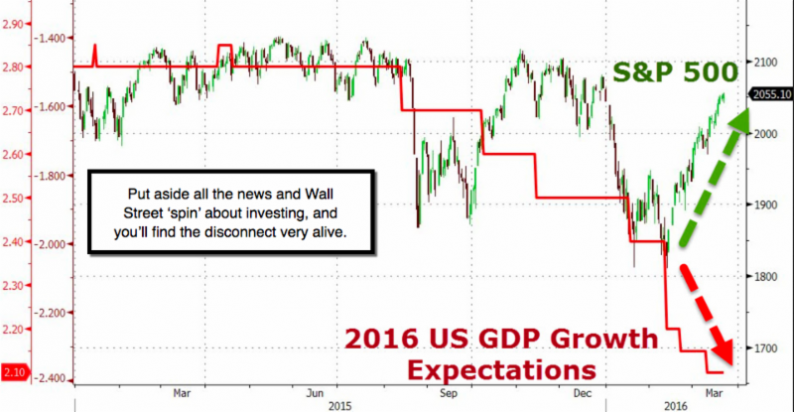With the twin attacks on Brussels. authorities admit they are and were woefully ill-prepared for the challenge the terrorists once again brought to the center of Western Europe’s very governance. Every side is acknowledging that despite almost all of the police detectives and intelligence apparatus chasing-down leads, including a capture of three key terrorists just a week earlier, they were basically clueless in event of the attack.

Worse, a couple sources suggest they knew an attack was coming; knew that at least hundreds of the thousands who had gone to Syria to fight with or for ISIS, were back and freely roaming the streets of Brussels (Paris and perhaps others too), with the authorities not having the resources to track them down, even as it was known ‘something’ was afoot. That’s highly disturbing, and goes beyond the obvious need to assist Belgium (as the U.S. and France are increasingly doing); but has wider implications.
Those include perhaps a little less of the ‘bravado’ that we usually commend; of course being going about our lives normally, with a little situational awareness. If or as this continues, and the threat level increase this evening (even a warning from the U.S. State Dept. about probable attacks on public venues in Europe on a broader basis, and near-term at that), the impact on FX and equity markets in Europe and the U.S. will not be so mild as they were on Tuesday.

What may happen is the West settles into (as it has before) a sort of resignation, which transcends the complacency and ‘will’ to go about daily lives as normal of course; but indeed starts impacting travel, tourism in general and overall growth of business activity. That puts a ‘cap’ on how much upside can reasonably then be expected, and a revisiting of the obvious central bank efforts to hold matters in a reasonable steed, which despite our bearishness for the period of time after this late-Quarter phase, we understand the reasons governments would do so.













Leave A Comment